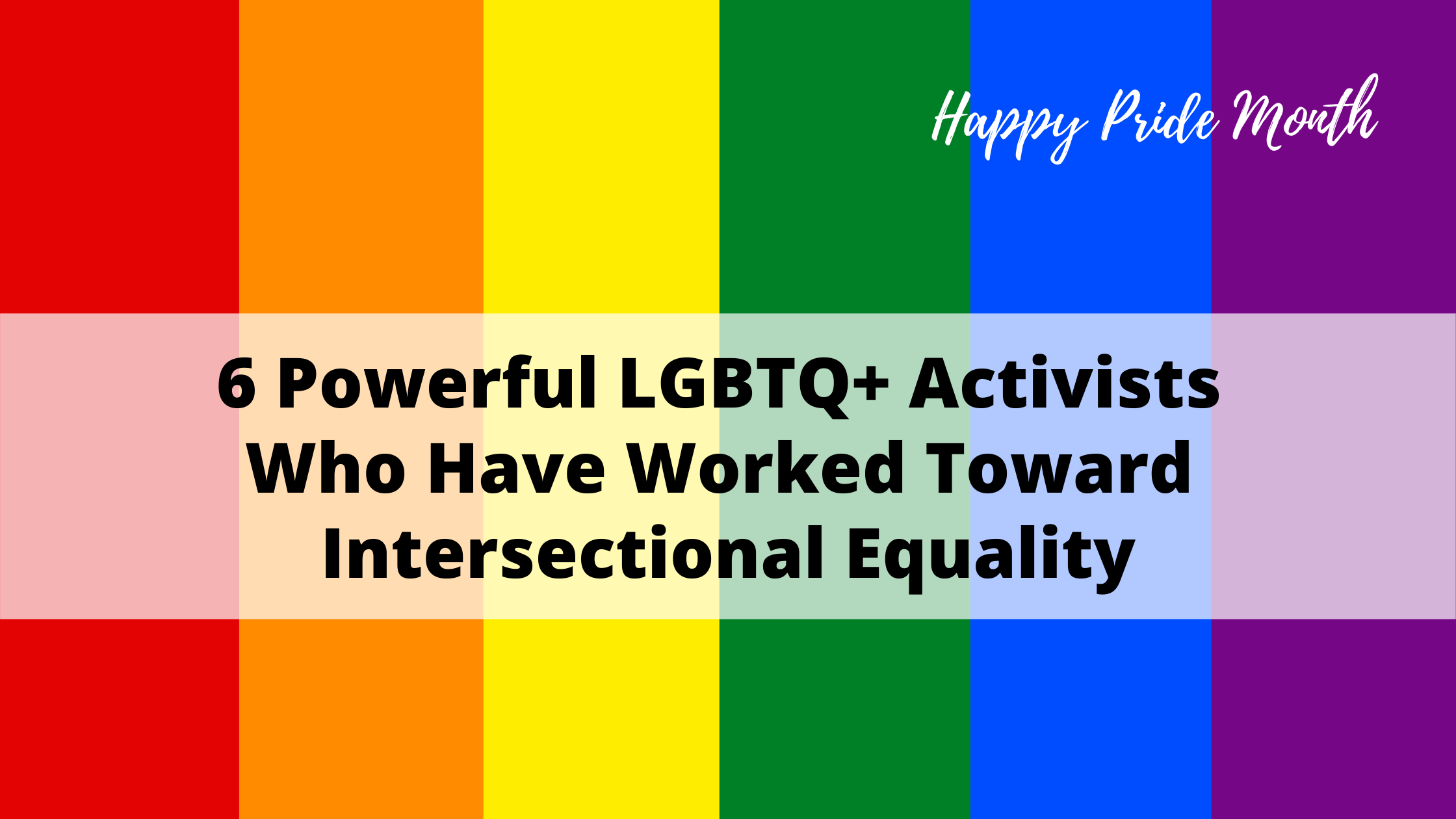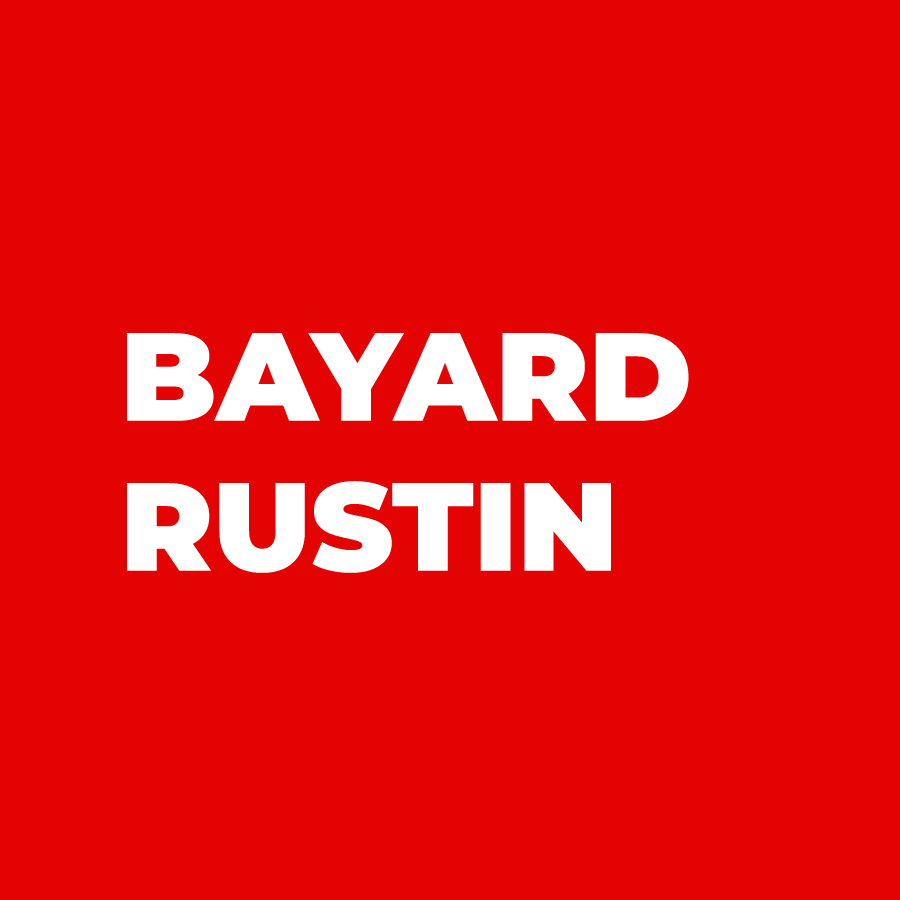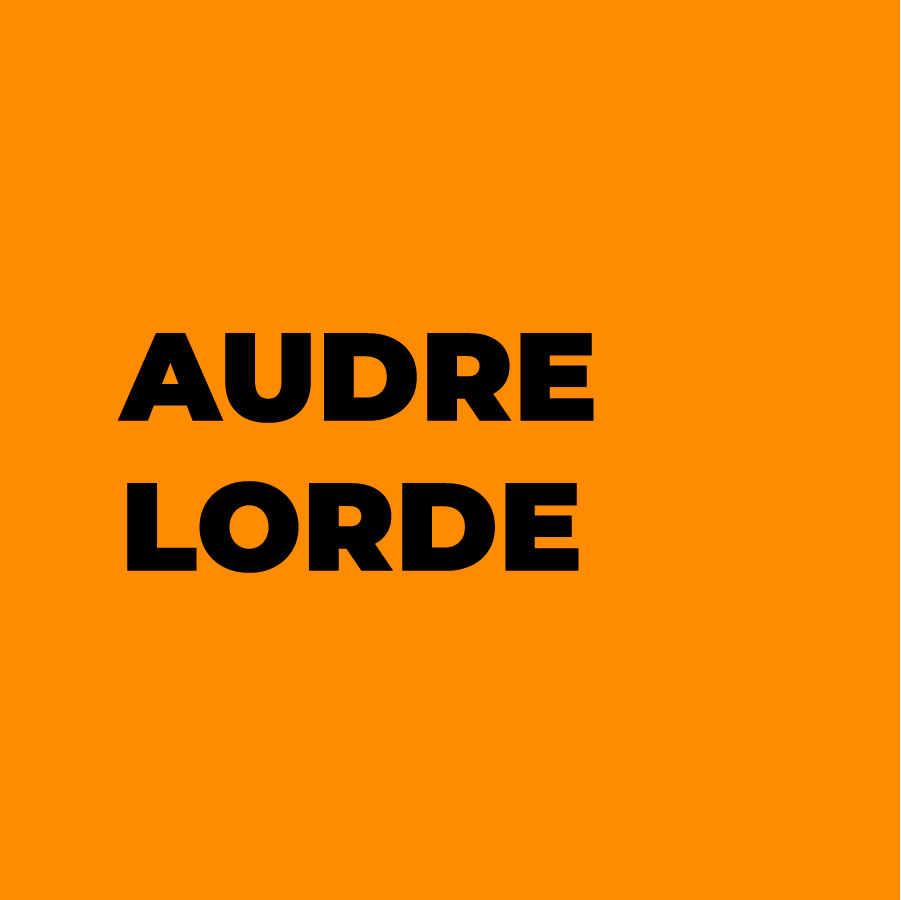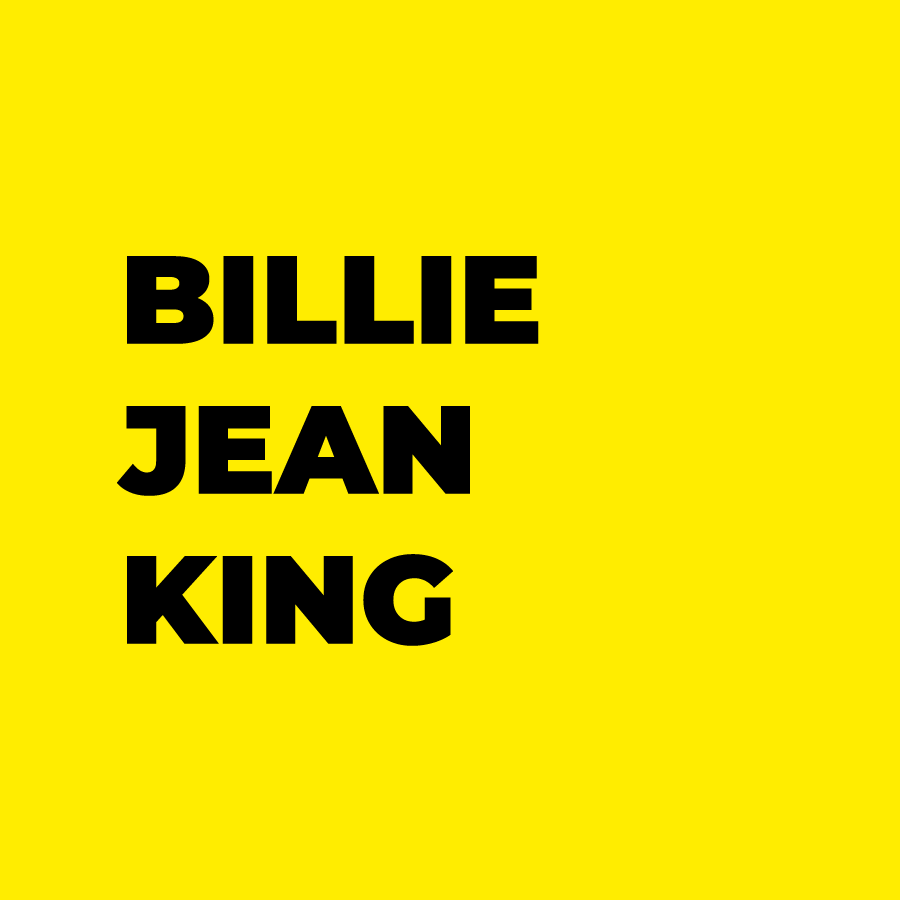
29 Jun 6 Powerful LGBTQ+ Activists Who Have Worked Toward Intersectional Equality
At P3, we strive to be equitable and inclusive in all that we do. However, this would not be possible without considerations for intersectionality in our engagement approaches. Intersectionality is the idea that the different identities of marginalized people create unique and overlapping experiences of discrimination and oppression. For example, in the LGBTQ+ community, a Black lesbian woman’s experiences in society may be very different from those of a white gay man. The way that each of their unique social identities come together creates a very different experience in the world that has its own challenges, issues, and opportunities.
Looking at the intersections of race, gender, class, sexual orientation, and more can help us see how varying positions of privilege and oppression create different issues and keep people from being included. In the LGBTQ+ community, these intersections often become even more prevalent, as one’s sexual orientation or gender is not always outwardly apparent.
This Pride Month, we celebrate the LGBTQ+ community and seek to raise awareness about the discrimination they still face today. For this month’s feature blog post, we celebrate those who have served as activists for not just the LGBTQ+ community, but for other marginalized groups who have also faced discrimination and are a part of their intersectional identities.
Sources:
- UN Women. (2020). Intersectional feminism: what it means and why it matters right now.
- Taylor, Birdie. (2019). Intersectionality 101: what is it and why is it important?

Bayard Rustin
Bayard Rustin’s life was centered around not only LGBTQ+ activism, but the civil rights movement as well. Rustin worked closely with Dr. Martin Luther King Jr. and organized the March on Washington, although Dr. King is more associated with the event. Rustin also taught King about Gandhi’s perspective on nonviolence. In the 1980s, Rustin began to focus on LGBTQ+ advocacy, noting at a NAACP conference that “the barometer for judging the character of people in regard to human rights is now those who consider themselves gay, homosexual, lesbian.”
Rustin was born in Pennsylvania in 1917 and was raised by his grandparents. His grandmother was a member of the NAACP, and prominent civil rights activists often visited their home. Rustin attended Wilberforce University, but was expelled after organizing a strike, and he later attended Cheyney State Teachers College. He began to be involved in activism during WWII, when he advocated against racial discrimination in hiring and promoted pacifism. He was arrested numerous times on various charges, including not registering for the draft, participating in a protest of transit segregation in North Carolina, and having sexual relations with a man.
Throughout the rest of his life, Rustin advocated for equal rights and social and economic equality of both African Americans and the LGBTQ+ population. He co-founded the A. Philip Randolph Institute, a labor organization for African American trade union members. Rustin embodied the intersectional approach to civil rights and LGBTQ+ advocacy until his death in 1987, but his legacy lives on. In 2013, President Barack Obama posthumously awarded Rustin the Presidential Medal of Freedom.
Sources:
- Helligar, Jeremy. (2021). 12 LGBTQ Activists Who Have Changed American History.
- Olito, Frank. (2021). 20 LGBTQ Figures You Should Know.
- Biography.com Editors. (2021). Bayard Rustin – Quotes, Education & Facts

Audre Lorde
Audre Lorde’s personal and professional lives were focused on breaking down racism, classism, homophobia, and sexism in American society. As a self-described “black, lesbian, mother, warrior, poet,” Lorde was a major part of the civil rights movement, second-wave feminism, and the fight for LGBTQ+ equality. Her written works are now cited as part of the canon for critical race theory, feminist theory, and queer theory.
A daughter of immigrant parents, Lorde was born in New York City in 1934 and always had a penchant for words. She received her BA from Hunter College and her MLS from Columbia University before starting her first career as a librarian. After an unconventional marriage to Edwin Rollins, a white, gay man, ended in 1970, Lorde found a life-long partner in Frances Clayton. She began teaching as a poet-in-residence at Tougaloo College.
Lorde’s work as a teacher, poet, and activist centered around intersectionality. She was a major force working to have women of color and gay women included in the women’s movement of the 70’s, when most efforts were focused on white women. Ultimately, her work recognized how society created “hierarchies of oppression” that intentionally forced marginalized groups against one another. By sharing her voice, her experiences, and her poetry, Lorde worked to break down those hierarchies and fought for all voices to be heard.
Sources:
- Helligar, Jeremy. (2021). 12 LGBTQ Activists Who Have Changed American History.
- McDonald, Dionn. (2014). LGBT African Americans: Audre Lorde.
- The Poetry Foundation. (n.d.) Audre Lorde (1934-1992).

Billie Jean King
Billie Jean King was a professional tennis player and was outed as a lesbian in 1981. Rather than denying the claims like her publicists wanted her to do, King announced that she was a lesbian, and she became the first openly gay athlete.
King was born in 1943 in Long Beach, California to a very athletic family – her brother was a MLB player that pitched for the Giants, Astros, and Blue Jays throughout his baseball career. King began playing tennis in fifth grade after playing for the first time at a country club. She kept playing and was coached by Alice Marble, a former tennis player. In 1961, King and her tennis partner Karen Hantze Susman were the youngest pair of women to win the Wimbledon women’s doubles title. By 1966, King was ranked #1 in the world for women’s tennis, and she held that title for 5 more years throughout her career.
King focused on feminism and equality in the tennis world, advocating for equal pay for women and men players, and her advocacy led to the U.S. Open being the first major tournament to offer equal prize money for both men and women. King co-founded the World Team Tennis co-ed circuit, which focused on providing access to sports opportunities for girls. When she was outed as a lesbian, King lost her endorsements but did not stop her campaign for equality of the sexes and LGBTQ+ equality, both in the sports world and larger society. King was elected to the International Tennis Hall of Fame in 1987. She also was the first woman to have a major sports venue named in her honor.
Sources:
- Olito, Frank. (2021). 20 LGBTQ Figures You Should Know.
- BillieJeanKing.com. (n.d.). Billie Jean King Accomplishments

Mahdia Lynn
Nominated as one of the Center for American Progress’s Faith Leaders to Watch in 2019, Mahdia Lynn is actively creating supportive spaces for all people who follow the Islam faith. Lynn is a transgender disabled woman who saw a need in her community, so she co-founded and is now the executive director of Masjid al-Rabia. According to their website, “Masjid al-Rabia is a women-centered, BIPOC-led, and LGBTQ+ affirming Islamic community center in Chicago, IL with a mission to provide spiritual support for marginalized Muslims with healing justice practices in mind.”
As a non-profit organization, Masjid al-Rabia works to provide services to the Muslim, LGBTQ+, Black, disabled, low-income, and incarcerated communities. In addition to their religious services, they provide a free community library, food pantry, support groups, and events with live captioning. As part of meeting Masjid al-Rabia’s mission, Lynn also created the Black and Pink Crescent, a prison outreach and ministry program “that provides advocacy and direct services to incarcerated and detained LGBTQIA+ Muslims.” They serve and provide resources to over 600 prisoners.
In her own life, Lynn experiences intersections in her identity on a daily basis. In a 2017 Buzzfeed article, Lynn wrote, “On any given day, I don’t know which part of my identity will be under attack. Transphobia and ableism are harsh realities of my day-to-day life, and of the lives of countless other Americans who share my experience.” Through her writing, working, teaching, and speaking experiences, Lynn works to bring awareness and much needed support services to the communities that are often left without support.
Sources:
- Center for American Progress. (2019). 9 LGBTQ Faith Leaders to Watch in 2019.
- Lynn, Mahdia. (n.d.) About Mahdia Lynn.
- Lynn, Mahdia. (2017). Here’s What Transgender People with Disabilities Want You to Know.
- The Black and Pink Crescent: Masjid al-Rabia’s Prison Ministry and Outreach Program

Essex Hemphill
Essex Hemphill was a poet that focused on the Black gay experience in America. He wrote poems and appeared in films that depicted this experience, emphasizing the racism that existed in the LGBTQ+ community and sexism and homophobia that existed in the African American community. Hemphill was diagnosed with AIDS and was very open about the disease, embracing the stigma and homophobia that came with this openness. His works opened the eyes of many to the Black gay experience.
Hemphill was born in 1957 in Chicago, but grew up in Washington, DC. While studying English at the University of Maryland, he founded the Nethula Journal of Contemporary Literature. His first smaller collections of poems were self-published. In the 1980s, he participated in a performance poetry group, and his poems were also featured in films. His first full-length collection, Ceremonies: Prose and Poetry (1992), won the National Library Association’s Gay, Lesbian, and Bisexual New Author Award.
Hemphill focused on the Black gay experience and the intersectional challenges that Black LGBTQ+ people experience from all fronts. He also addressed HIV/AIDS and families in his work, discussing various challenges in context of both of those topics. Sadly, Hemphill passed away at 38 years old due to complications from AIDS, but his legacy and advocacy for intersectional approaches to equality live on.
Sources:
- Olito, Frank. (2021). 20 LGBTQ Figures You Should Know.
- Poetry Foundation. (n.d.) Essex Hemphill

Ruby Corado
Ruby Corado was born in El Salvador in 1970 and fled a civil war there when she was 16-years-old. On her own, she immigrated to Maryland and found herself in a human trafficking situation. After running away, Corado ended up living on the streets of Washington D.C. As a transgender youth, Corado found that she was not welcome in society, along with many of the other homeless people in her community.
Corado worked to realize her vision of creating a space for those who were outcast in society, a safe space for the LGBTQ+ community. She and a group of friends began Casa Ruby by organizing people in parks, churches, and businesses in Washington D.C. with the mission to serve those who have been traditionally marginalized.
In 2012, Casa Ruby obtained its first permanent address. According to their website, Casa Ruby is the “only LGBTQ bilingual and multicultural organization in the Washington D.C. metro area that provides social services and programs catering to the most vulnerable in the city and surrounding areas.” Casa Ruby provides access to health services, housing and shelter for those experiencing homelessness, social services, Latino and immigration services, and support for victims of violence.
Earlier this year, Corado announced that she will be stepping down from the executive director role. “I am empowered to create more change, and I recognize that I can only do so much from the executive director’s office,” Corado says, as quoted by DCist. However, Corado is not giving up her mission to serve the LGBTQ+ community. She plans on taking on a more grassroots approach to gathering community support for Casa Ruby, and may even run for D.C. City Council in the future.
Sources:
- Casa Ruby. (n.d.) About Casa Ruby.
- Corado, Ruby. (2018). Creating Casa Ruby — a safe haven for DC’s LGBTQ+ youth. TEDxFoggyBottom.
- Grablick, Colleen. (2021). Casa Ruby Director Announces Plans To Step Down Within Next Two Years.
About the Authors:
Deirdre Scanlon is the Communications Engagement Manager for Public Participation Partners. When not dreaming up new ways to equitably engage the public, you can find Deirdre tending to her houseplants or walking the trails of Raleigh, NC.
Katie Maynard started her journey with Public Participation Partners as a Community Engagement Assistant in January 2020 and became a Communications and Engagement Specialist in June 2021. When not assisting with public involvement, Katie enjoys reading, traveling to the beach, and spending time with her pets.


Sorry, the comment form is closed at this time.